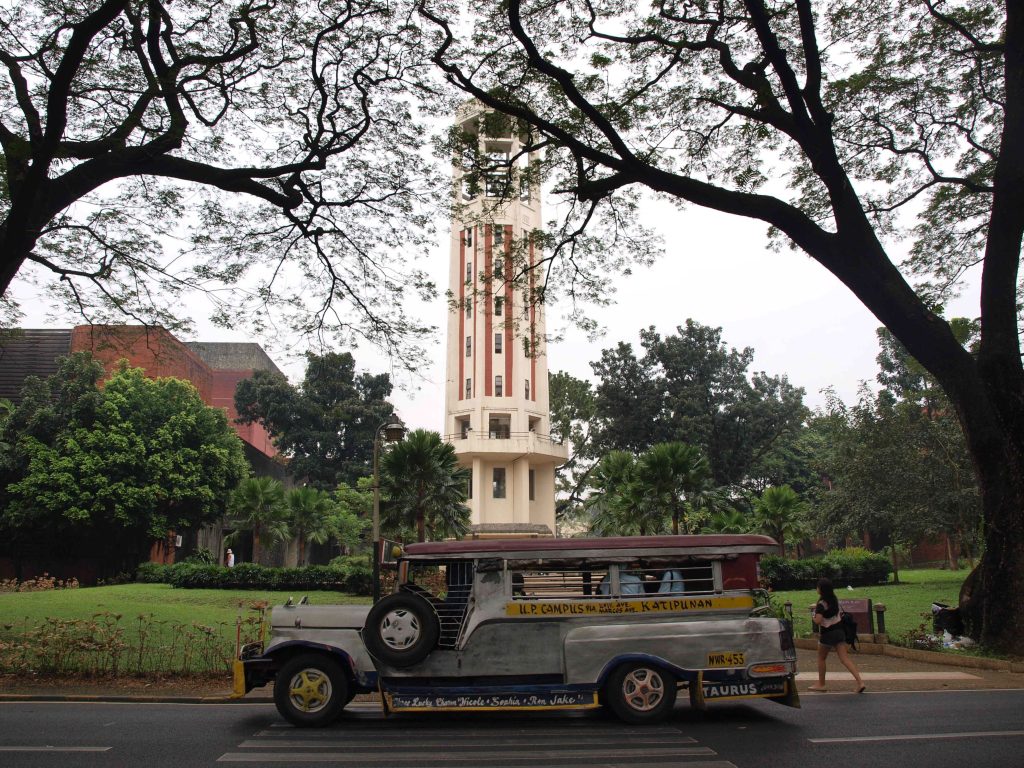 We all expect the government to take appropriate measures to keep roads safe. If you or a loved one has been harmed from an unsafe road condition, you might be able to file a lawsuit against the Department of Transportation and Development.
We all expect the government to take appropriate measures to keep roads safe. If you or a loved one has been harmed from an unsafe road condition, you might be able to file a lawsuit against the Department of Transportation and Development.
Lacy Johnson was driving a car that was involved in a tragic accident near Oakdale, Louisiana. While driving through a curve on the road, she went into the opposing lane of traffic and hit a tree stump. The accident killed Johnson and Breann Sonnier, who was a passenger in the car.
Sonnier’s surviving family members filed lawsuits against the Louisiana Department of Transportation and Development (“DOTD”), alleging there was faulty construction and maintenance of the road. Before trial, the court ruled that plaintiff’s traffic experts could not testify about whether the DOTD project was a “major reconstruction” and if the roadway where the accident occurred was an unreasonable risk of harm. The trial court also ruled a lab report showing Johnson had a 0.10% blood alcohol concentration at the time of her death would be admissible. The jury ruled against plaintiff and found the roadway where the accident occurred did not have defects that created an unreasonable risk of harm. Sonnier’s mother filed an appeal.
Sonnier’s mother argued the trial court erred in not permitting testimony from her traffic experts about whether the road where the accident occurred contained a defect that created an unreasonable risk of harm. Under La. R.S. 48:35, the DOTD has a duty to maintain, repair, or construction any roadway that is unreasonably dangerous for a reasonable driver. Sonnier’s experts had not actually reconstructed the accident or inspected the vehicle involved.
The appellate court noted the trial court had only excluded a few pages out of over a hundred pages from the expert’s testimony. Those few pages were excluded because they used language referencing “unreasonable risk of harm,” which was the legal test the jury was to decide. The trial court’s ruling limiting the expert’s testimony was intended to keep his testimony within areas where he was an expert. Therefore, the trial court did not error in limiting the permissible testimony from plaintiff’s expert.
When there are cases such as this one involving injuries with roadside ditches and alcohol, courts generally hold the DOTD does not have a duty to protect drivers from such risks. See Miller v. State, Dep’t of Transp & Dev. Although Sonnier argued the trial court should not have permitted the lab report showing Johnson had a 0.10% blood alcohol concentration at the time of her death to be introduced as evidence, the report was relevant because the DOTD’s duty is to a prudent driver, including one who is only distracted for a moment.
In this case, Johnson was inattentive for more than just a moment. Here, even plaintiff’s toxicologist agreed Johnson’s 0.10% blood alcohol impairment would have resulted in cognitive impairment, decreased hand-eye coordination, impaired judgment, and increased reaction time. It would have reduced her ability to appropriately respond before the crash. Therefore, the appellate court affirmed the trial court’s evidentiary rulings and jury’s judgment in favor of the DOTD.
This case illustrates the importance of evidence in establishing your claim. A good attorney can advise you on what evidence to present, including testimony from expert witnesses, and help you combat potentially problematic evidence from the other side.
Additional Sources: Gaynelwyn Sonnier v. State of Louisiana, Dept. of Transp. And Development
Article Written By Berniard Law Firm
Additional Berniard Law Firm Article on Lawsuits Against The DOTD: Recovering Damages Against Louisiana’s DOTD for Unsafe Infrastructure
Can the Louisiana Department of Transportation Be Found Liable for a Car Accident?
 Louisiana Personal Injury Lawyer Blog
Louisiana Personal Injury Lawyer Blog

